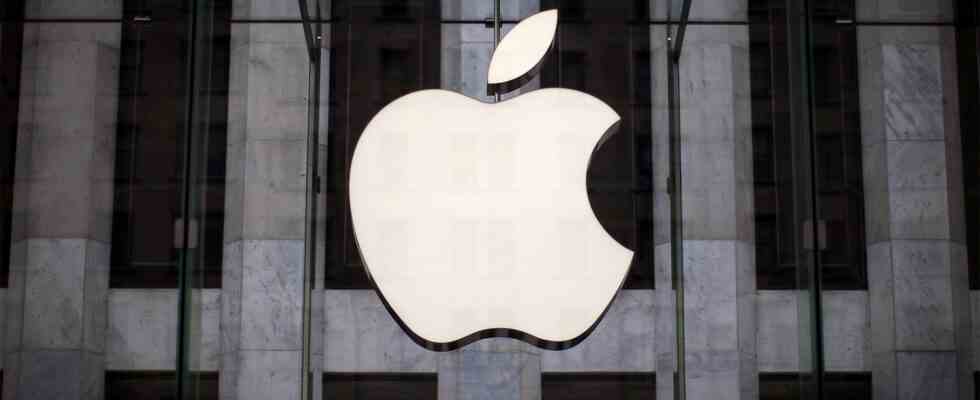Status: 12/08/2022 4:01 p.m
In order to better protect its users from hackers and spies, Apple now wants to encrypt data from iCloud end-to-end. This means that even law enforcement could no longer access it.
In the future, Apple will enable fully encrypted backups of photos, chat histories and most other sensitive user data worldwide in its cloud storage system. The iPhone group announced this today. The so-called end-to-end encryption protects the sensitive data better against access by hackers and spies.
However, the data then becomes inaccessible to law enforcement agencies. Therefore, the US federal police FBI and other institutions had warned Apple not to take this step.
No more sharing with law enforcement agencies
For years, the tech giant has been trying to position itself as a provider that does more to protect the privacy of its customers than its competitors. For example, end-to-end encryption between the Apple devices is already protected for the Apple message system iMessages.
The content can only be read on the devices involved – but not by Apple, the telephone service provider or the police with a search warrant. So far, however, law enforcement authorities have often been able to access the content if users have backed up the messages, photos and other content in the online storage iCloud.
They were previously unencrypted there and could therefore be passed on to the authorities with judicial approval. According to the latest plans, that would soon no longer be possible.
Additional protection against hackers and spies
Apple pointed out that threats to user data are becoming more sophisticated and complex. Therefore, this additional protective measure is introduced. The service will initially be available to customers in the USA, but will then be rolled out worldwide in 2023, including in China.
Sumon Dantiki, a former senior FBI and Justice Department official, told The Wall Street Journal the development would raise questions at home and abroad. “For example, the question of whether the Chinese government will really accept the loss of data access,” said Dantiki, who works as a partner at the law firm King & Spalding.

